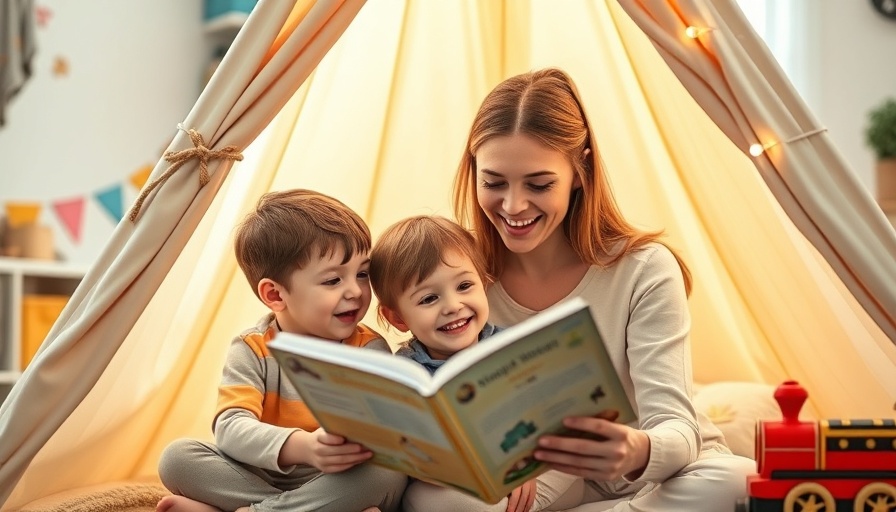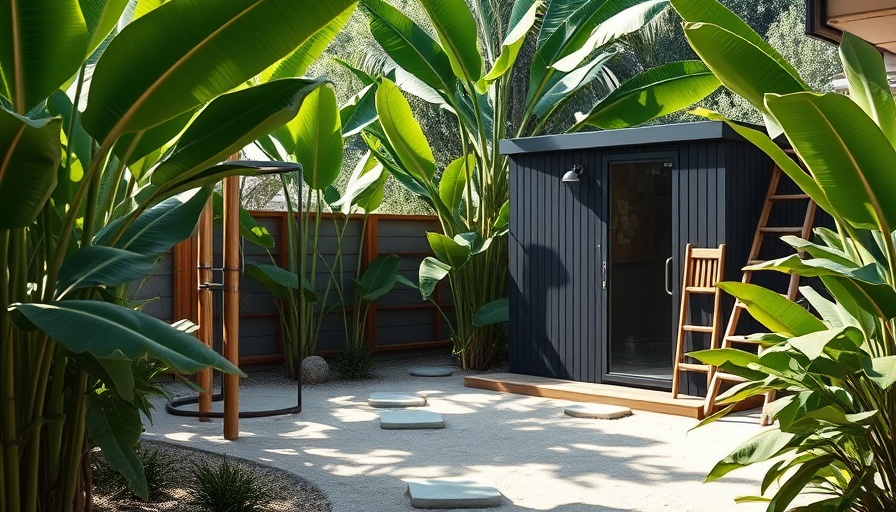
Embracing Unconventional Parenting: A Holistic Approach
As many parents navigate the complex landscape of modern education and child-rearing, some choose to take a unique, unconventional route. Considering the diverse family structures that exist today, it's vital to recognize the importance of nurturing a child's individuality rather than fitting them into predetermined molds. My journey in this realm began with the foundational belief that every child is a fully capable, autonomous being, brimming with creativity and curiosity.
The Power of Creativity in Children
Research reveals that children possess an astonishing level of creativity. A study conducted in 1968 found that an impressive 98% of preschoolers tested as creative geniuses. However, retesting these same children at ages 10 and 15 showed a steep decline to just 12%. This stark reduction raises a crucial question: what happens to our children's innate creativity? Traditional educational systems often inadvertently stifle creative thinking, which is why my parenting approach places a significant emphasis on fostering an environment that encourages critical thinking and problem-solving.
Creating a Fostering Environment
In nurturing children's abilities, I strive to prioritize intrinsic motivation over extrinsic rewards. The modern inclination towards reward systems, like sticker charts and treats, often limits a child's capacity to find value in their own achievements. Instead, I focus on establishing a connection and trust with my children, guiding them towards self-regulation and informed decision-making. This shift in perspective not only respects their autonomy but recognizes them as active participants in their learning journey.
The Role of Mentorship and Guidance
As a parent, my role transcends mere authority. I see myself as a mentor and guide, creating an open dialogue where emotions, needs, and experiences can be shared without judgment. Understanding that every child is distinct, I remain receptive to their views shaped by their individual circumstances. My approach mirrors ideals discussed in educational resources, emphasizing the need for personalized support—especially for children from non-traditional families.
Supporting Diverse Family Dynamics
The contemporary landscape of family structures is varied. As underscored in articles from Edutopia and Study.com, children from non-traditional families often navigate complexities that transcend mere demographics. These children may experience feelings of alienation during school events highlighting 'traditional' families, leading to emotional distress that can hinder their academic and social growth.
Strategies for Inclusivity in the Classroom
To create an inclusive atmosphere that acknowledges and respects all family structures, we can implement strategies such as 'Celebrating Families' Weeks in schools, allowing students to present their unique backgrounds. This celebratory approach encourages them to share personal stories that illuminate the diverse tapestry of family dynamics, fostering a sense of pride and belonging.
Paving the Way for Future Generations
As we reflect on our parenting methods, let us champion a framework that supports our children’s autonomy while recognizing the rich diversity within family structures. Schools and families can work hand in hand to pave the way for future generations who feel seen, valued, and empowered in their unique identities.
Conclusion: A Call to Action
Ultimately, our goal is to develop a nurturing environment where our children can thrive, irrespective of their familial context. As we continue to redefine what parenting and education can mean, let’s advocate for empathy, understanding, and support for every unique background. Embracing these changes will foster a brighter future for children across all walks of life.
 Add Row
Add Row  Add
Add 




 Add Row
Add Row  Add
Add 

Write A Comment